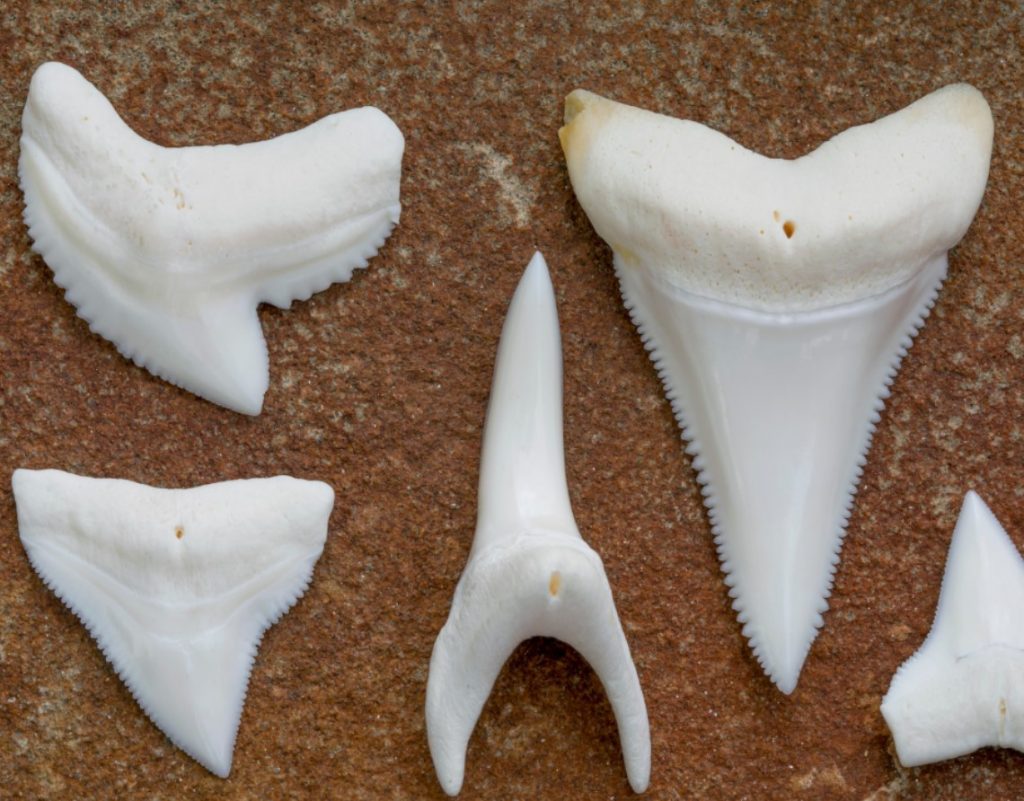How do you know your efforts to protect populations of marine wildlife and their critical habitats are successful? If you don’t have a starting point it’s difficult to measure a moving target. A baseline survey – basically a count of what is observed at a set of representative places at particular points of time – is used to assess the species diversity and abundance of a region at a certain period of time. This baseline serves as a reference point from which we measure changes over time and across different regions, including inside and outside of protected areas, and/or before or after a specific event, such as the implementation of a protected area or new regulations.
MarAlliance conducts standardized baseline surveys on a regular basis throughout Belize, Honduras, Panama and Cabo Verde, and collaborates with partners in countries such as Mexico, Guatemala, Cuba and Micronesia to develop and help implement these surveys. By focusing on “Big Fish” that often serve as sentinels of ecosystem change, we can identify where overfishing may be upsetting the delicate balance of the tropical ecosystem. Our findings will help to inform managers and shape conservation strategies so that these species continue to thrive, as do the human populations that depend on them.



